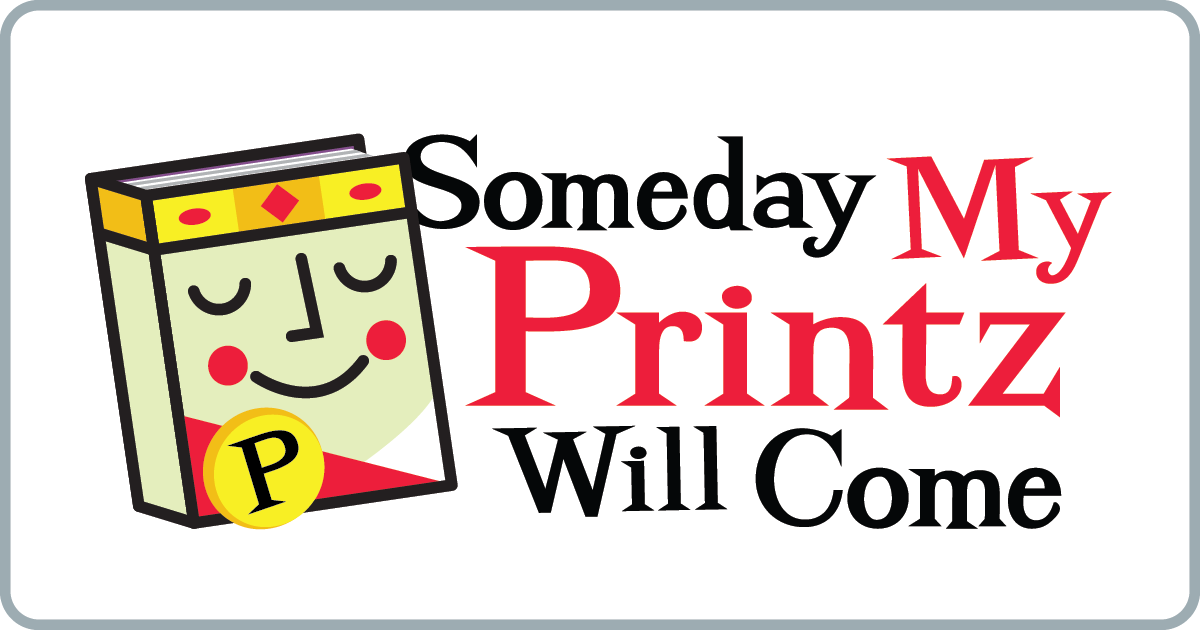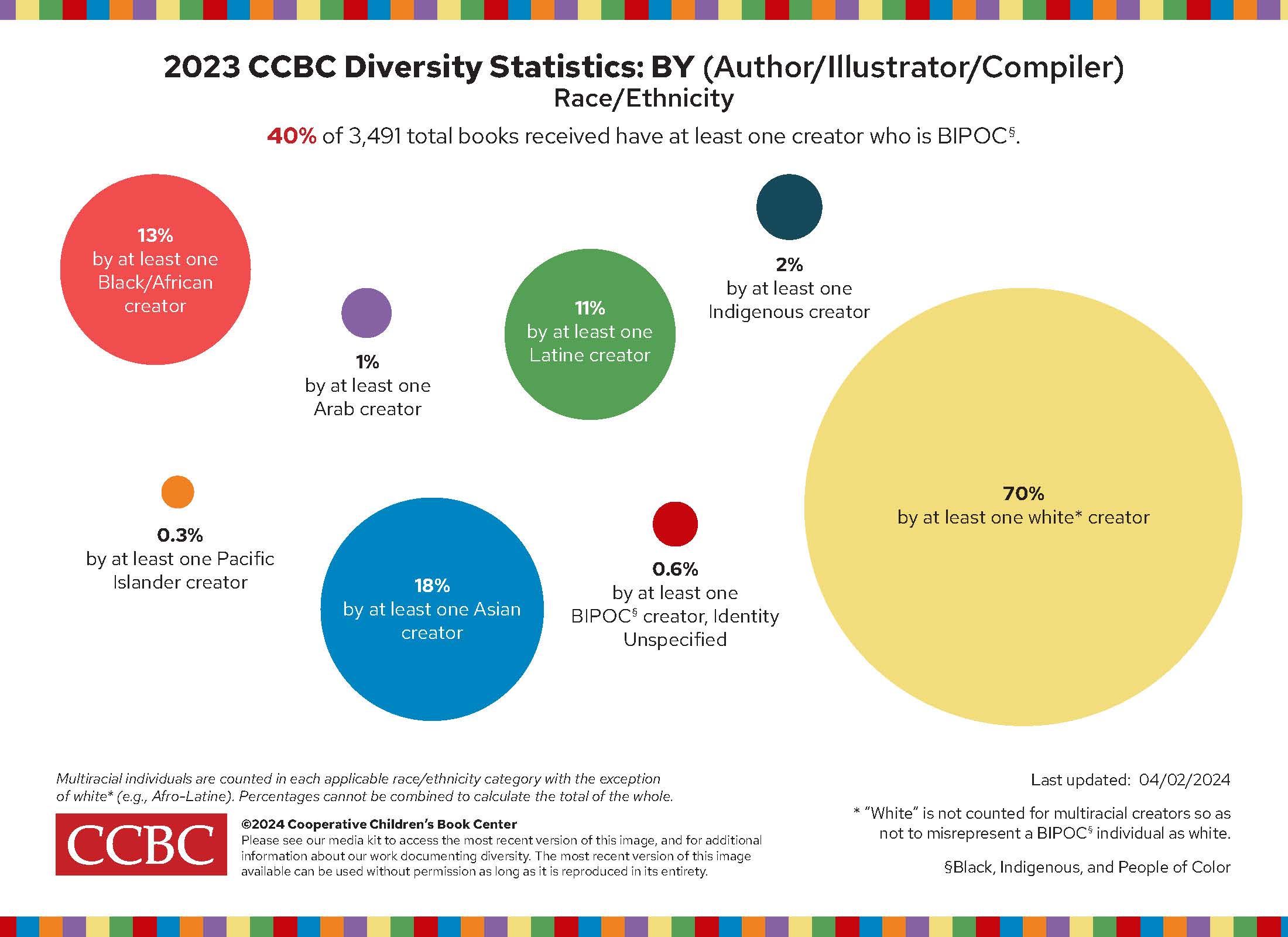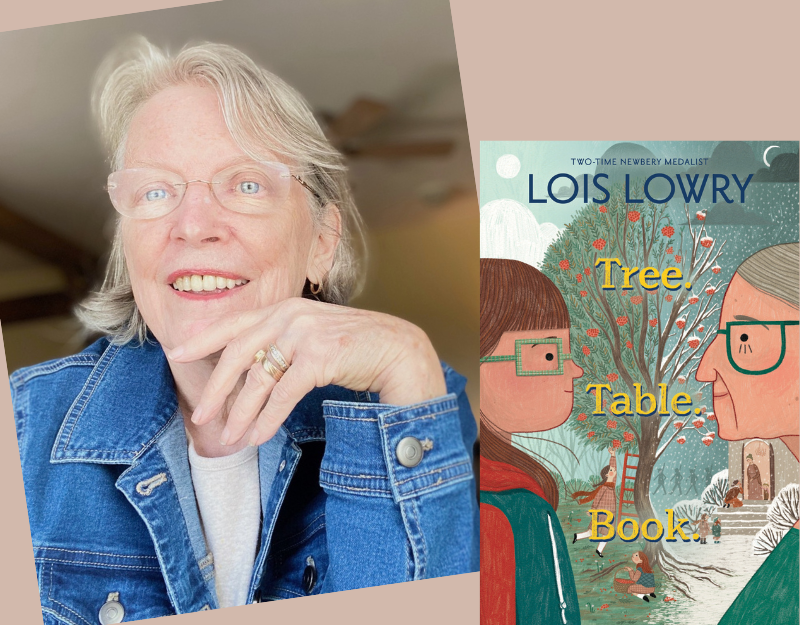SCROLL DOWN TO READ THE POST
The Whys & Wherefores of the Printz Award, Part 2
In many ways, this post is more the what than the why.
Because it’s time to tackle the really complex, almost undefinable heart of the award: the definition of literary excellence.
Sarah and I took a run at this last year, and it took two really long posts. I still stand by everything we said there (click if you want to see if you stand by what we said, too: part 1 and especially part 2), and I encourage anyone who is interested in the Printz to read the comments on part 2, but after a year of thinking on this question of excellence I think it’s worth revisiting — and glancing again at the Policies and Procedures that guide our understanding of what it is we’re seeking when we look for the book that deserves the Printz award.
So let’s go once more into the fray to the Policies and Procedures. After quite a lot of grammatically suspect talk about what the Printz is not (which is to say, what the winner should not be), this is what the committee gets to guide their process:
ADVERTISEMENT
ADVERTISEMENT
What we are looking for, in short, is literary excellence.
All forms of writing—fiction, nonfiction, poetry, art, and any combination of these, including anthologies—are eligible.
Then, helpfully:
The following criteria are only suggested guidelines and should in no way be considered as absolutes. They will always be open to change and adaptation. Depending on the book, one or more of these criteria will apply:
Story • Voice • Style • Setting • Accuracy • Characters • Theme • Illustrations • Design (including format, organization, etc.)
For each book the questions and answers will be different, the weight of the various criteria will be different.
This is incredibly vague. In fact, when you parse it out, the P&P mostly seem to list some random aspects of writing. What does “one or more of these criteria will apply” even mean? Presumably, any work of fiction will have a story and characters. So as long as those elements are present, the book is a winner? Clearly not, which leaves us with only the phrase “literary excellence” as a guiding light.
So let’s define literary excellence, because tilting at windmills is fun!
I thought it might be helpful (or at least interesting) to Google “definition literary excellence” as a starting point, but (at least when I search those terms, not logged in) I get little of worth, and in fact part 1 of this very post shows up on the first page.
Flattering? Yes. Useful? Not so much.
So let’s just look at the definition of literature, which presumably encompasses a work of literary excellence.
The Free Merriam-Webster Dictionary (more accessible from my couch than a print dictionary) gives us this:
a (1) : writings in prose or verse; especially : writings having excellence of form or expression and expressing ideas of permanent or universal interest (2) : an example of such writings <what came out, though rarely literature, was always a roaring good story — People>
This is potentially helpful. Excellence of form or expression gets us back to the need to define excellence, but in somewhat more concrete terms (form and expression). And that second part, that’s a zinger: expressing ideas of permanent or universal interest. That’s at least something that can be discussed. Did book X express ideas, or themes, of a lasting nature? And did it do it in a way that adds something new or deeper to the idea? Or at least do it so darn well that I, as reader, don’t care about new?
But wait. Do you see what I did there? In an attempt to expound on the dictionary definition, I started writing my own interpretation of literary excellence onto the definition.
I’m pretty sure that’s not just me; in my experience, this is what we — and by we, I mean humans — do as readers. Excellence is almost impossible to define truly objectively, slippery and undefined as it is (for what it’s worth: excellence is defined as the quality of being excellent, and excellent is defined as “very good of its kind“). So instead of one objective definition, there are infinite interpretations, all betraying what we as individuals hold sacred or are susceptible to: creative use of language, strong characterization, visceral sense of place, pacing — any of these can be markers of excellence, but how we rank them, even if we all agree on how well or poorly they are done in any given book, tends to get back to the subjective, personal reading experience.
Further complicating things is that we bring different things to each minute of reading. I’m not even talking about baggage; I’m talking about the phone ringing right in the middle of the grand finale, and how diminished that ending can be after the interruption. Or the way that reading two books with unexpectedly similar settings can cause a sort of echo or cause you to conflate moments, leaving your sense of both books perhaps a bit hazy. And what about the poor book you read right after a book you loved? It might be filled with universal ideas, and indeed excellent in form, but it’s not that other book you weren’t quite ready to be done with and so you find yourself dissatisfied.
When one isn’t on a committee, none of this matters. But when you are reading every book with an eye towards the award, it’s an elimination game. Each book is being read not just for what it does well (lots of books do lots of things really well, after all) but for where it fails. There may be no perfect book, but the book that fails the least is pretty Printz-worthy.
So that phone call that made the ending feel smaller and less satisfying? Unless you are really self-actualized and aware, and you get right back to the book and realize that the interruption altered your perception, you might downgrade the book for a weak ending. Boom, excellence redefined by a ringing phone. Even if you do recognize that something altered your response, you can’t really do it over — once you know the ending, you can’t ever experience it for the first time again.
So if literary excellence is at least partially defined by a reader’s own sense of what works or doesn’t, and our assessment of any given book is further shaped by experiences that are uniquely ours both before and during reading, what can we use to try to craft a common recognition of excellence?
ADVERTISEMENT
ADVERTISEMENT
Some of the trick is finding a common language. The committee chair of the RealCommittee should take his or her team through a conversation that touches on this, and to some degree it happens organically, often with language unique to and understood by the committee members, especially after the first round of discussions at Annual. People will talk about zing, genre-blenders, tropes, and patterns of appreciation and support start to come through until everyone can communicate clearly.
For me, the language I employed as a committee member was most often the language of high school and college English classes. Some of this was the delight in going back to that academic self — I felt smart in college, and serving on the RealPrintz and writing review posts for this blog lets me exercise that smart muscle. Better than that, this is language that most people I talk books with will recognize: look at a list of terms like this one, and most will probably be familiar to anyone who has been through the US education system. That gives me a place to start the discussion of what works and doesn’t in a book, with specific terms that everyone can access and define with some degree of objectivity. I could say I like the way the author uses language, but liking is immaterial. It helps to be able to say what about the language is original or effective (another subjective term, but less heart and more head) or impressive: rhythm; the use of alliteration; the tendency to coin neologisms; all of the above.
But in the end, even more than finding a common language, the key to choosing a great Printz slate is listening. And a large part of listening is letting go of your own ego. It doesn’t matter if book X is your favorite, or if you usually hate stories with dogs, it only matters how well the book was written.
Ultimately, literary excellence may be hard to define concisely, but it tends to out itself through conversation and analysis. It took me nearly 1500 words to get here, but this is my prescription for picking a Printz: Read closely, speak thoughtfully, listen carefully, put your heart aside, and recognize that the best book may just be the book with the least egregious faults.
Filed under: Process
About Karyn Silverman
Karyn Silverman is the High School Librarian and Educational Technology Department Chair at LREI, Little Red School House & Elisabeth Irwin High School (say that ten times fast!). Karyn has served on YALSA’s Quick Picks and Best Books committees and was a member of the 2009 Printz committee. She has reviewed for Kirkus and School Library Journal. She has a lot of opinions about almost everything, as long as all the things are books. Said opinions do not reflect the attitudes or opinions of SLJ, LREI, YALSA or any other institutions with which she is affiliated. Find her on Twitter @InfoWitch or e-mail her at karynsilverman at gmail dot com.
ADVERTISEMENT
SLJ Blog Network
The Moral Dilemma of THE MONSTER AT THE END OF THIS BOOK
Cover Reveal and Q&A: The One and Only Googoosh with Azadeh Westergaard
K is in Trouble | Review
A Reading Community: A Love Letter to Local Independent Bookstores, a guest post by Heather Del Piano
The Classroom Bookshelf is Moving
ADVERTISEMENT
ADVERTISEMENT







